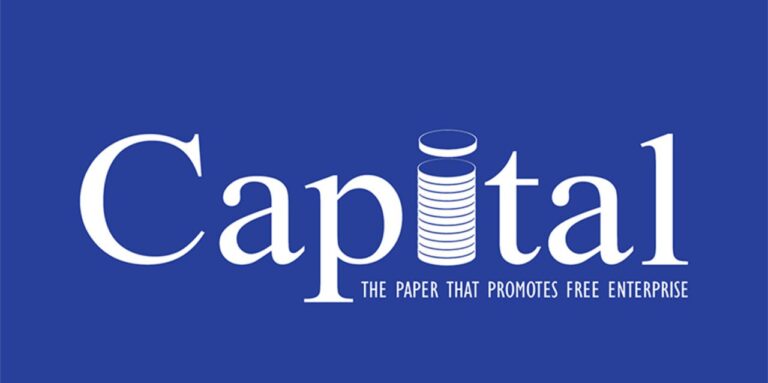Emirates Holidays, the award-winning tour operating arm of Emirates Airline, has returned to Ethiopia, offering more outbound travel options to some of the most beautiful destinations in the world.
With over 20 years of experience in the travel industry, Emirates Holidays offers expertly curated packages to long-haul destinations, specialising in some of the world’s most sought-after destinations including Dubai and the UAE, the Indian Ocean, and South East Asia. Now working closely with trusted travel agents across Ethiopia, Emirates Holidays is committed to serving the unique needs of Ethiopian travellers by offering personalized itineraries, flexible packages, and a world-class booking experience—whether planning a solo escape, a romantic getaway, or a family adventure.
Every package includes flights on Emirates, the world’s largest international airline, renowned for its outstanding service from the moment passengers’ step onboard. Offering the best experience across every class, travellers will dine on regionally inspired multi-course menus and tune in to the largest media library in the sky on ice, Emirates’ award-winning inflight entertainment system. Emirates currently serves Ethiopia with a daily flight, enabling fast and seamless connections to its vast global network of over 145 destinations.



